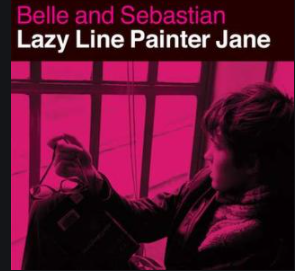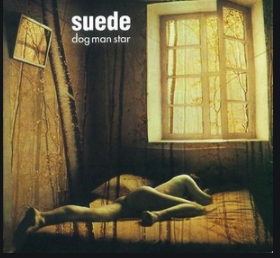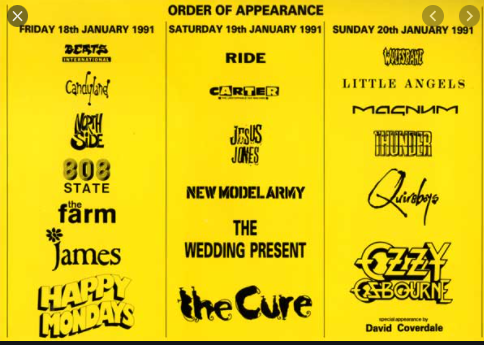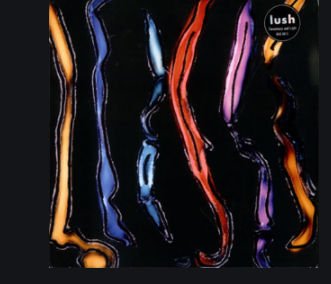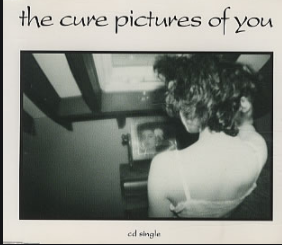(The year 2020 marks my 50th birthday. Leading up to the day (22nd November), I’m planning on writing a blog entry for each year, picking a song or an album from then that I love, talking a bit about why, and giving it some context in my life)

Pretty much since his debut novel, I’ve been a big fan of Canadian writer Douglas Coupland. For me, his greatest book is 1995’s Microserfs, which follows a curious gang of misfit Microsoft employees determined to understand what “getting a life” actually means in the modern, hi-tech world. It’s narrated in diary form by main character Dan, who during the course of the novel adds subconscious files to his computer, random bursts of text, phrases, product names, whatever floats around his mind. These are added as lists, or words, occasionally whole sentences, or sometimes merely as alpha characters, all in different fonts and sizes scattered over the page.
I adore this book. I never tire of it, despite the age of the technology mentioned and the outdated references. I read it once a year, easily. And even now, I get a little burst of excitement when I get to page 229 on my copy. Because there, in the random scatter of text, in italics, sit these words. Pull the wires from the wall.
I first heard The Delgados on Mark Radcliffe’s Graveyard Shift. He was an early adopter, playing single Under Canvass, Under Wraps constantly, and having them in for a session. I bought the 7″ of this, but never invested in the album, and to me, they were largely associated with that one song which I put on every mixtape I did that year. Later though, on John Peel, I heard my choice for 1998 which completely blew me away.
It such an understated song, and I’m at a loss to explain the effect it has on me. Achingly fragile, there is something about the words and melody that resonates. It is completely original, and there is nothing in the noisy clamour of their debut album to suggest they were capable of such beauty. Its not for nothing it topped Peel’s Festive Fifty that year, and I bought parent album Peloton as soon as I could. It became the soundtrack to my 1999.
I love every album by The Delgados, but there is something in the understated production of Peloton that makes it my favourite. The Great Eastern is equally powerful, but more layered and textured. Equally Hate, although it does contain my favourite song of theirs Coming in from the Cold. Swansong Universal Audio is also amazing, but slightly glossier, closer song-wise to Peloton with a slicker production. Their sophomore album has more of a lo-fi feel, grooving and looping through songs like Clarinet and The Arcane Model.
Everyone says this, and apologies if its patronising, but there has never been another band where I’ve felt the gulf between genius and success more acutely. They are one of the finest bands to come from these shores (I hope they don’t me, an Englishman, adopting them as my own) but never received the acclaim they deserved, something they noted themselves in their concluding statements. They left with the world with something so much better than a greatest hits collection – a compendium of their radio sessions, which are all amazing.
Members have continued with solo projects, particularly Emma Pollock with a series of excellent albums. They have recently activated a Twitter account, which suggests maybe they are coming out of hibernation in some form, but whether they do or not they remain one of my favourite bands, with songs I will always treasure.



